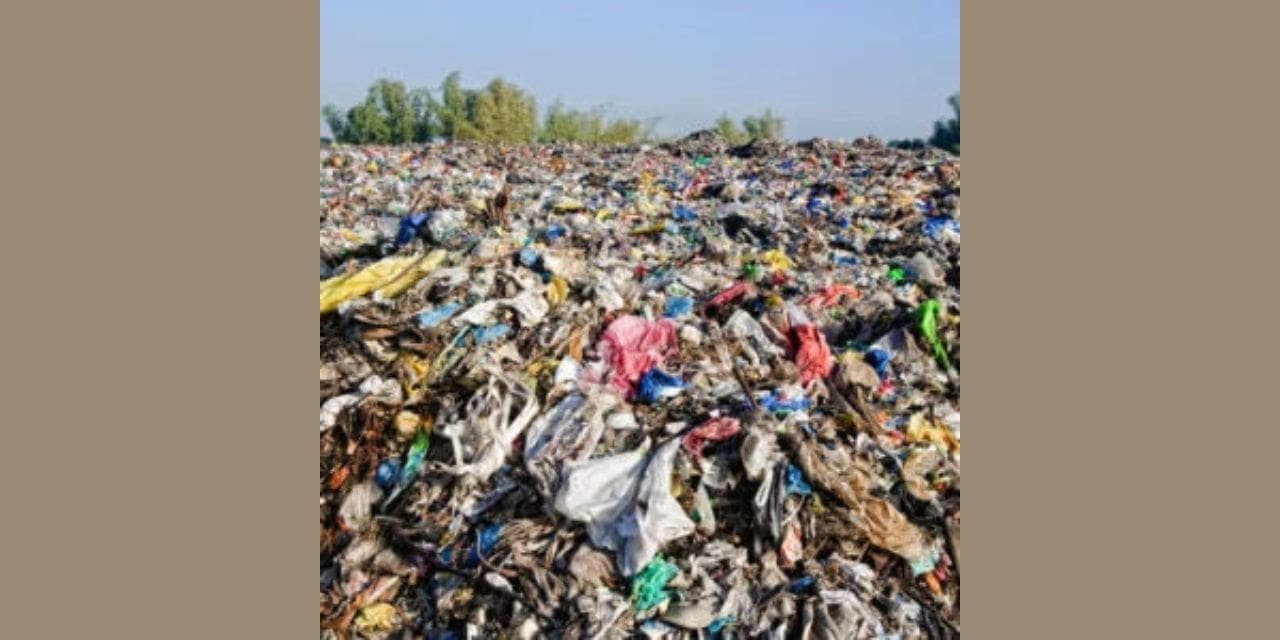India has been under mounting pressure from developed nations to incorporate sustainability into its free-trade agreements (FTAs) and overall trade practices. To address this concern, the country has begun discussions on a scheme aimed at curbing pollution caused by processing units in sectors such as textiles and pharmaceuticals. The Department for Promotion of Industry and Internal Trade (DPIIT) and the textiles ministry have already convened multiple meetings to explore viable solutions.
Currently, the debate revolves around whether to incentivize industries to invest in clean solutions and introduce a production-linked incentive (PLI) model or an interest subvention scheme to encourage the establishment of effluent treatment plants. The Indian government emphasizes that closing industries due to sustainability concerns is not the answer, citing past losses in the leather industry.
The focus lies on tackling the processing stage of production, which contributes significantly to pollution. The textiles sector, for example, not only consumes large amounts of water in processing units but also generates harmful environmental effects during fabric conversion, involving bleaching, heating, and colouring.
Government officials from the DPIIT and textile sector acknowledge the need for a comprehensive scheme to address this challenging processing aspect across various industries such as textiles, leather, and pharmaceuticals. Small businesses, often financially constrained, struggle to bear the costs of setting up effluent treatment plants, making it imperative for larger industry players to invest in sustainable alternatives.
This dialogue occurs against the backdrop of developed nations like the United States, the United Kingdom, and European Union members emphasizing the integration of sustainability and trade. Germany’s Supply Chain Due Diligence Act, for instance, requires companies to ensure adherence to environmental and social standards throughout their supply chains. India recognizes the potential impact on its small businesses but also acknowledges that failure to adopt appropriate measures may hinder trade partnerships with key global players.
The Indian government has ultimately taken steps to enhance sustainability efforts within the textile industry. Efforts are underway in Tiruppur, India’s largest textile cluster, which contributes significantly to the country’s cotton knitwear exports. The government has engaged a consultant to prepare a comprehensive project report, focusing on sustainable activities across textile clusters in the country.
Tiruppur, known as the main knitwear hub of India, was previously subjected to a closure order by the Madras High Court in 2011 due to non-compliance with zero liquid discharge norms and pollution of the Noyyal River. However, in recent years, the city has shifted its focus towards becoming a carbon-neutral textile cluster, showcasing its commitment to adopting sustainable practices.
India recognizes the urgency to strike a balance between sustainability goals and trade interests. By actively engaging in discussions and exploring innovative solutions, it aims to meet international expectations while safeguarding the interests of its domestic industries and small businesses

